The meaning attached to the word “jobs” is currently undergoing a revolutionary change. The conventional seemingly “top notch” jobs are undergoing massive threat from the influx of what newness has to offer to the human experience. Aspirations are currently undergoing an absolute disruption, and the conventional day to day hustle of the average man needs some re-aligning, to avoid wasting sweat on gaining skills in areas of absolute irrelevancies. One must be careful to not confuse busyness for productivity. There’s a need for strategic pursuit; to pursue that which is necessary in the most competitive space to attain global relevance.
The question then is, to what degree of relevance is your current job? How truly necessary is the skill you are currently trying so hard to acquire?
The World Economic Forum in its newest report “The Future of Jobs” makes a detailed attempt at predicting how the typical work space will look like in the coming years, and how employability will have to fit into the new structure that the Fourth Industrial Revolution is birthing. This report helps to give chief human resources and strategy officers a better perspective on the concept of employability, human capacity development and skill acquisition. An unavoidable important merger is happening, and it is of uttermost importance that the human entity plugs himself into a space where he can be found not just useful, but to an extent, indispensable. Here is the big statement by the WEF; ‘the Fourth Industrial Revolution, which includes developments in previously disjointed fields such as artificial intelligence and machine-learning, robotics, nanotechnology, 3-D printing, and genetics and biotechnology, will cause widespread disruption not only to business models but also to labour markets…”. The bitter truth is, one-third of skills that are considered important in today’s workforce will change five years from now. In its report, the WEF highlights the following as the top skills that will be in high demand by 2020:
- Complex problem solving.
- Critical thinking.
- Creativity.
- People management.
- Coordinating with others.
- Emotional intelligence.
- Judgment and decision making.
- Service orientation.
- Negotiation.
- Cognitive flexibility.
This list when compared to that generated for the year 2005, features significant changes, as certain skills witnessed a drop/rise in rankings, as the case may be. The 2005 top skills, as compared with 2020 can be seen below:
- Complex problem solving.
- Co-ordinating with others (-3).
- People management (-1).
- Critical thinking (+2).
- Negotiation (-4).
- Quality control. *
- Service orientation (-1).
- Judgment and decision making (+1).
- Active listening.*
- Creativity (+7). * drop out of Top 10 skills in 2020
Negotiation and flexibility were high on the list of skills for 2015. However, in 2020, machines will replace the decision making process. Active listening will be dropped from the top 10, and replaced by emotional intelligence. Technology is replacing human-based jobs at the blink of an eye. Productivitry is now optimally based on the efficiency of machines, and the non-emotionality of robots is fast replacing the decision making elements of human.
The end game here is not to determine your level of productivity and value-adding ability by the presiding parameters of your locality.
One must be willing to embrace the global definition of what value and productivity really is, place it side by side with his/her current reality, and be willing to make use of strategic objectivity to analyse his/her current state.
Every step taken must be deliberate, and well coordinated. Slaving away in the fall walls of a classroom or a training room, trying to acquire skills that would have only mattered 10 years ago, is not only a waste of time, but an absolute waste of mental energy and a drastic reduction in the human impact ability. You determine your employability by being in constant touch with the trends, and adapting your human worth to the changes that is consistently happening around you. The guiding question is this, how does your skill align with the newness of age? At the end of it all, you are your own recruiter.
Akinbulumo SAMORA
Content Lead,
KENNETH SORIYAN RESEARCH & IDEAS LLC.


